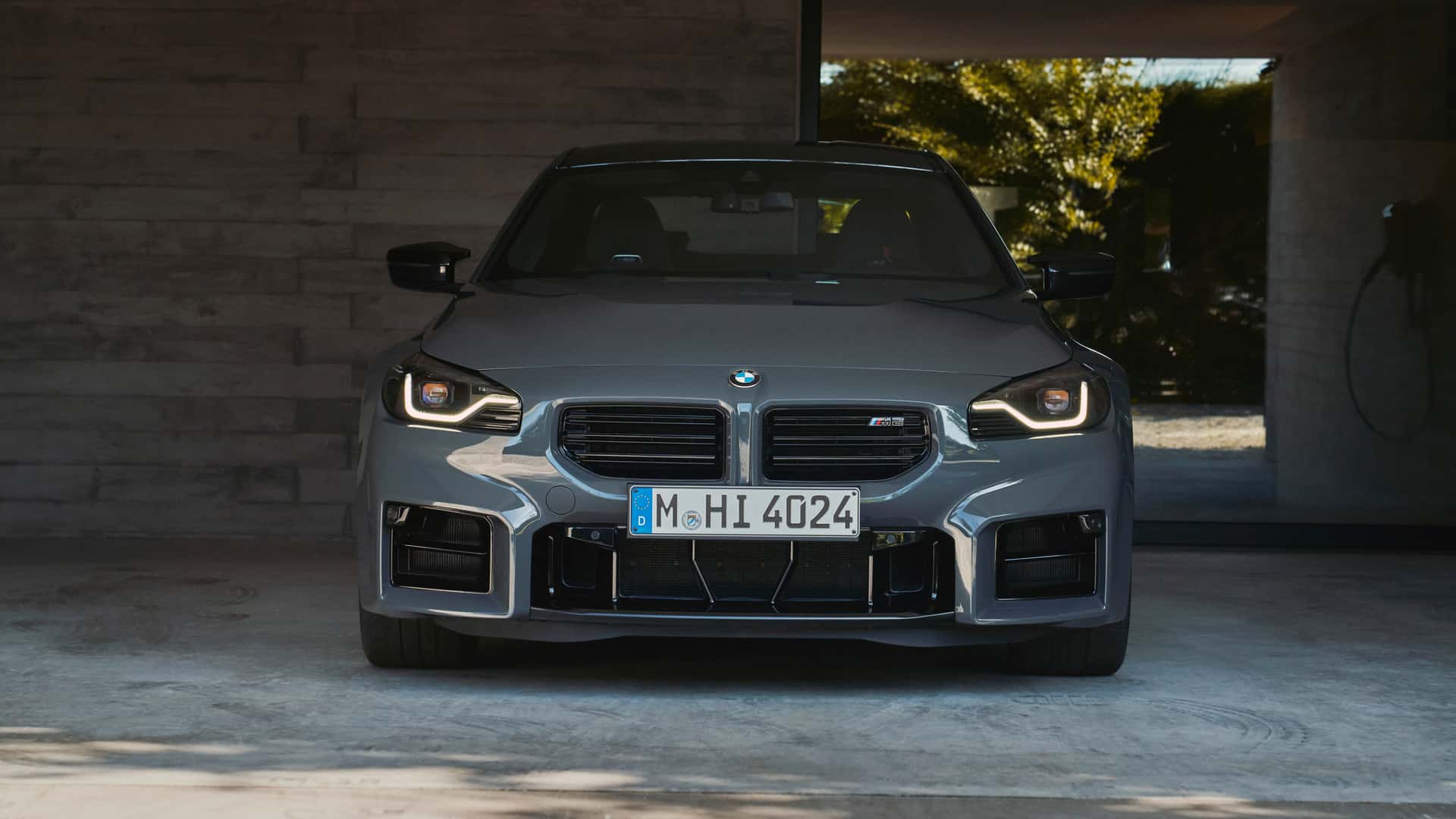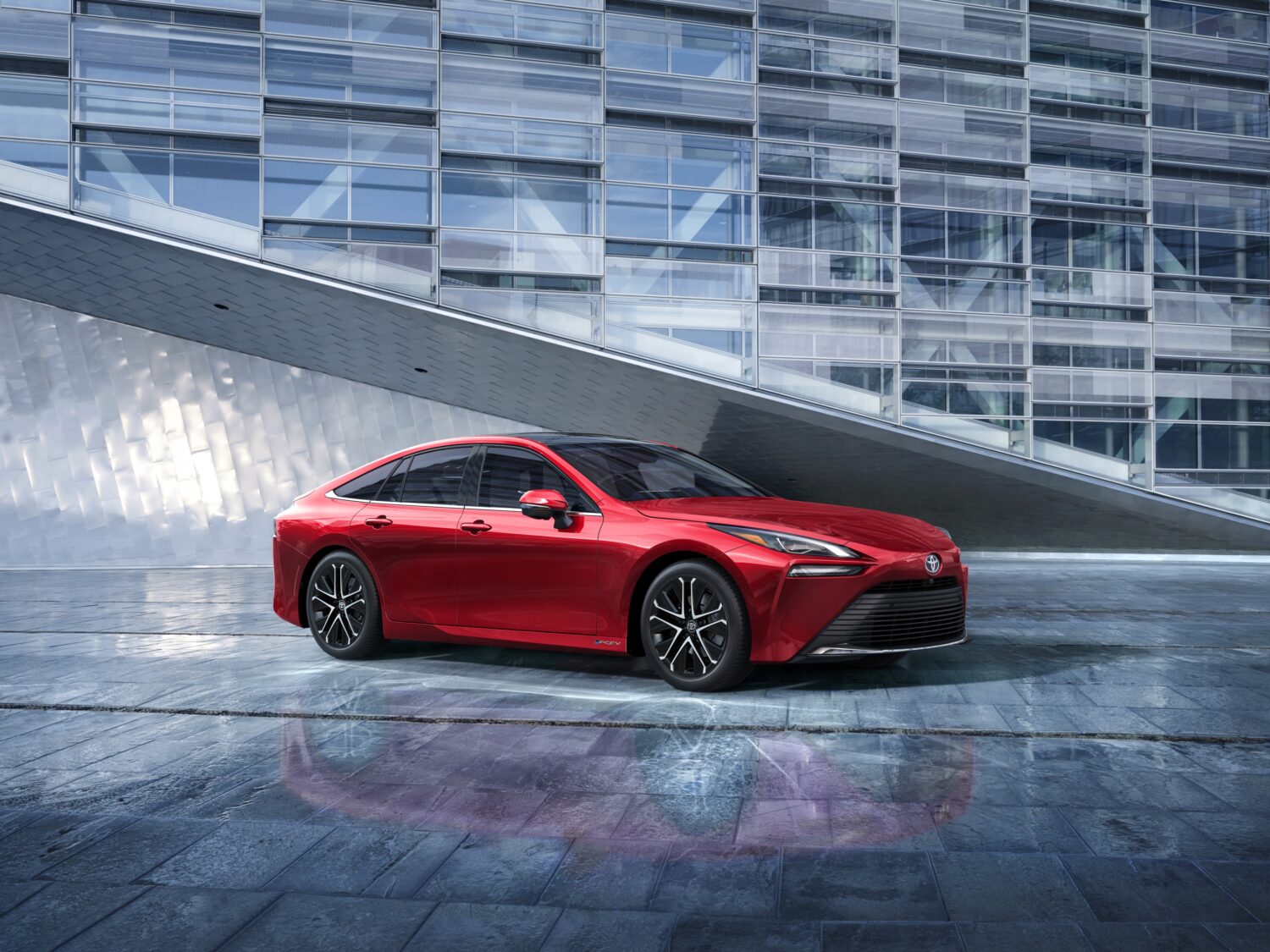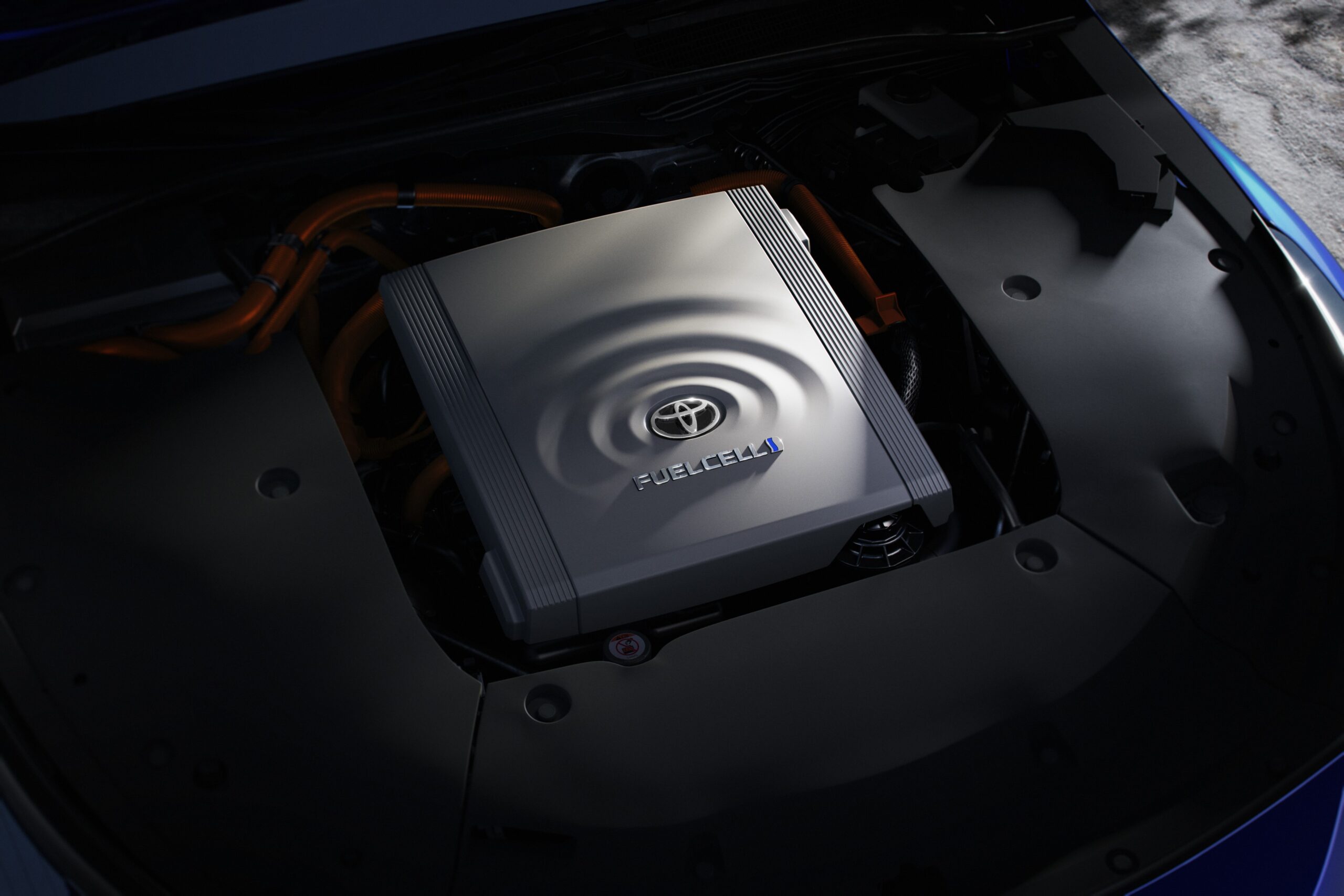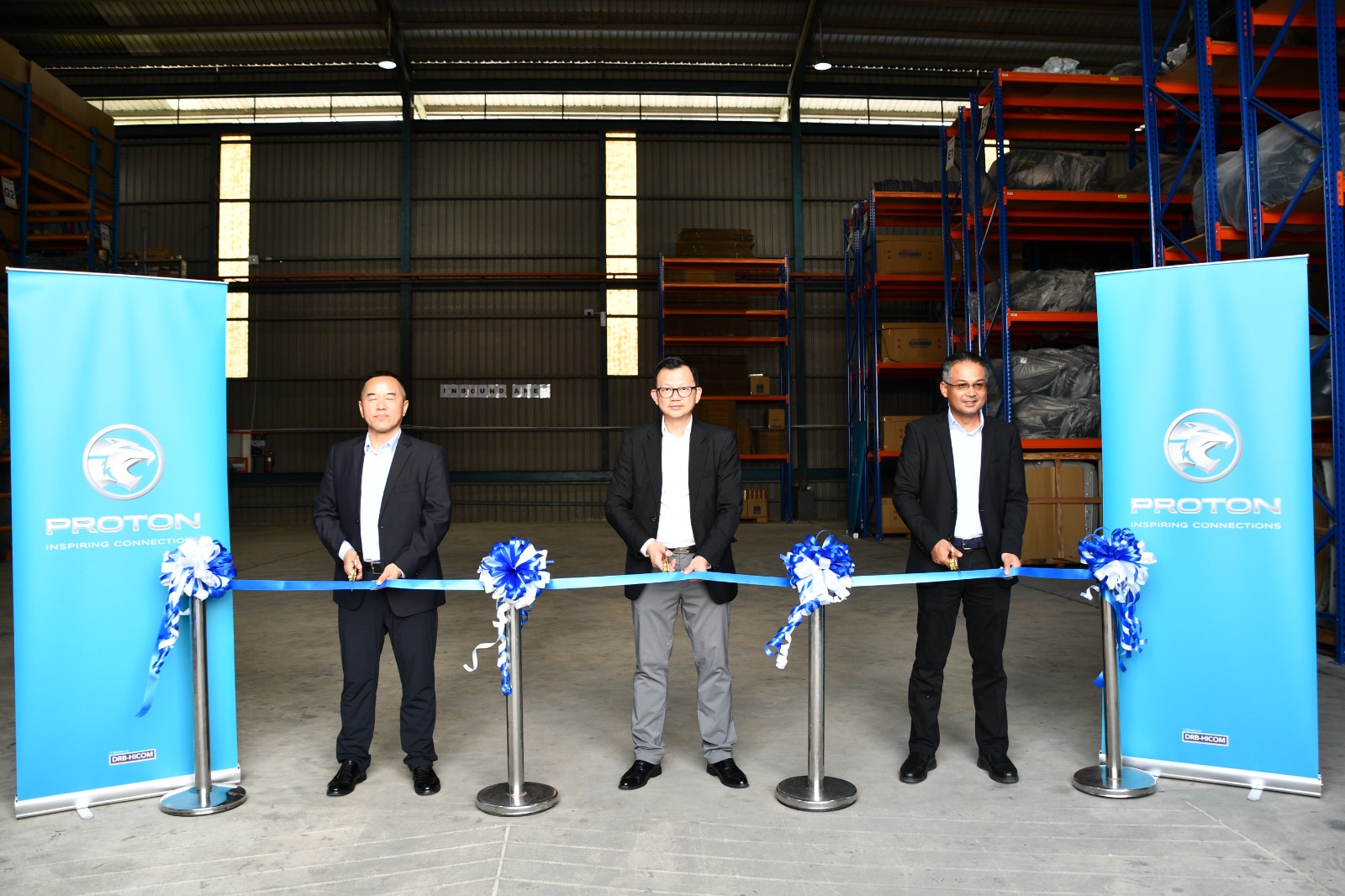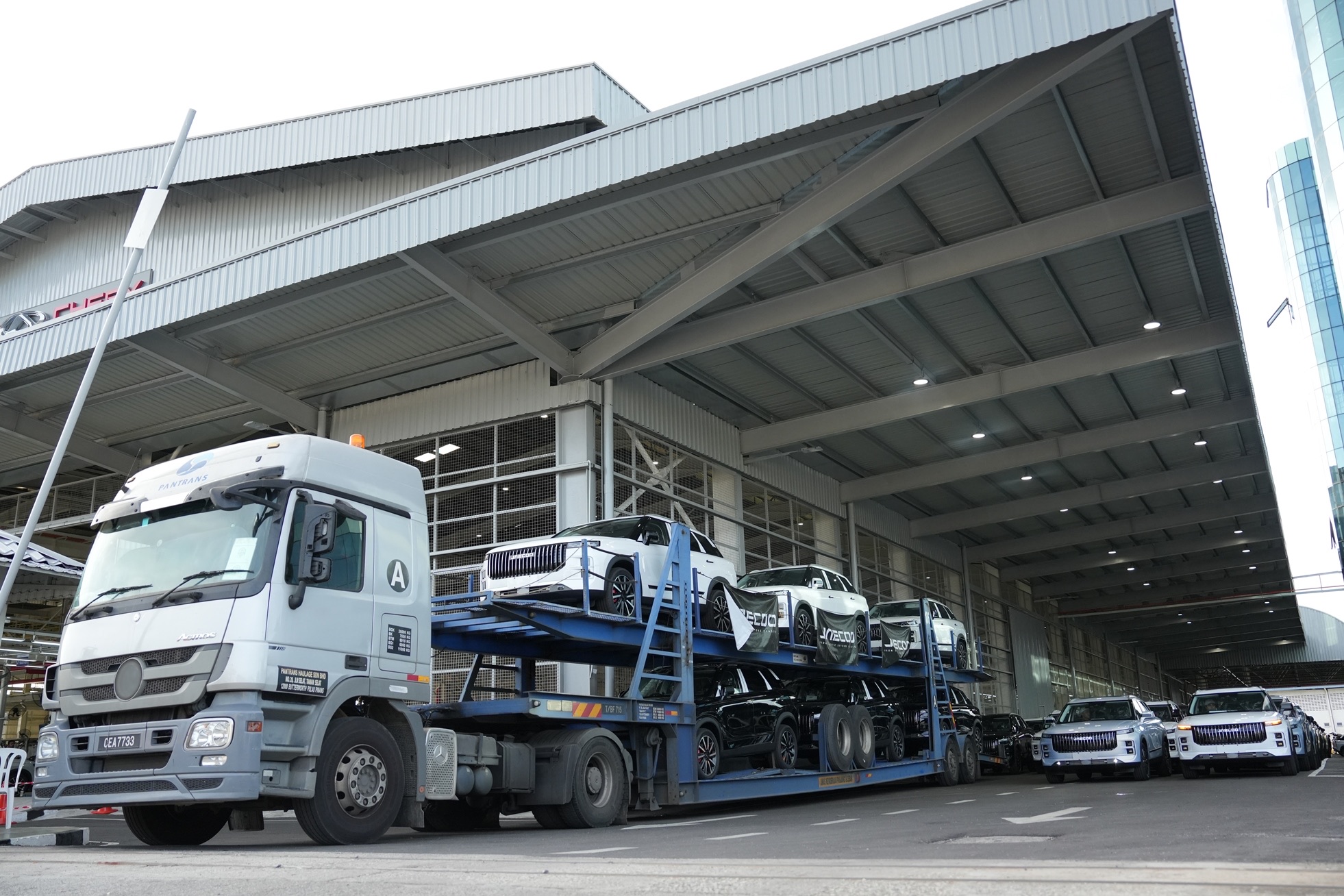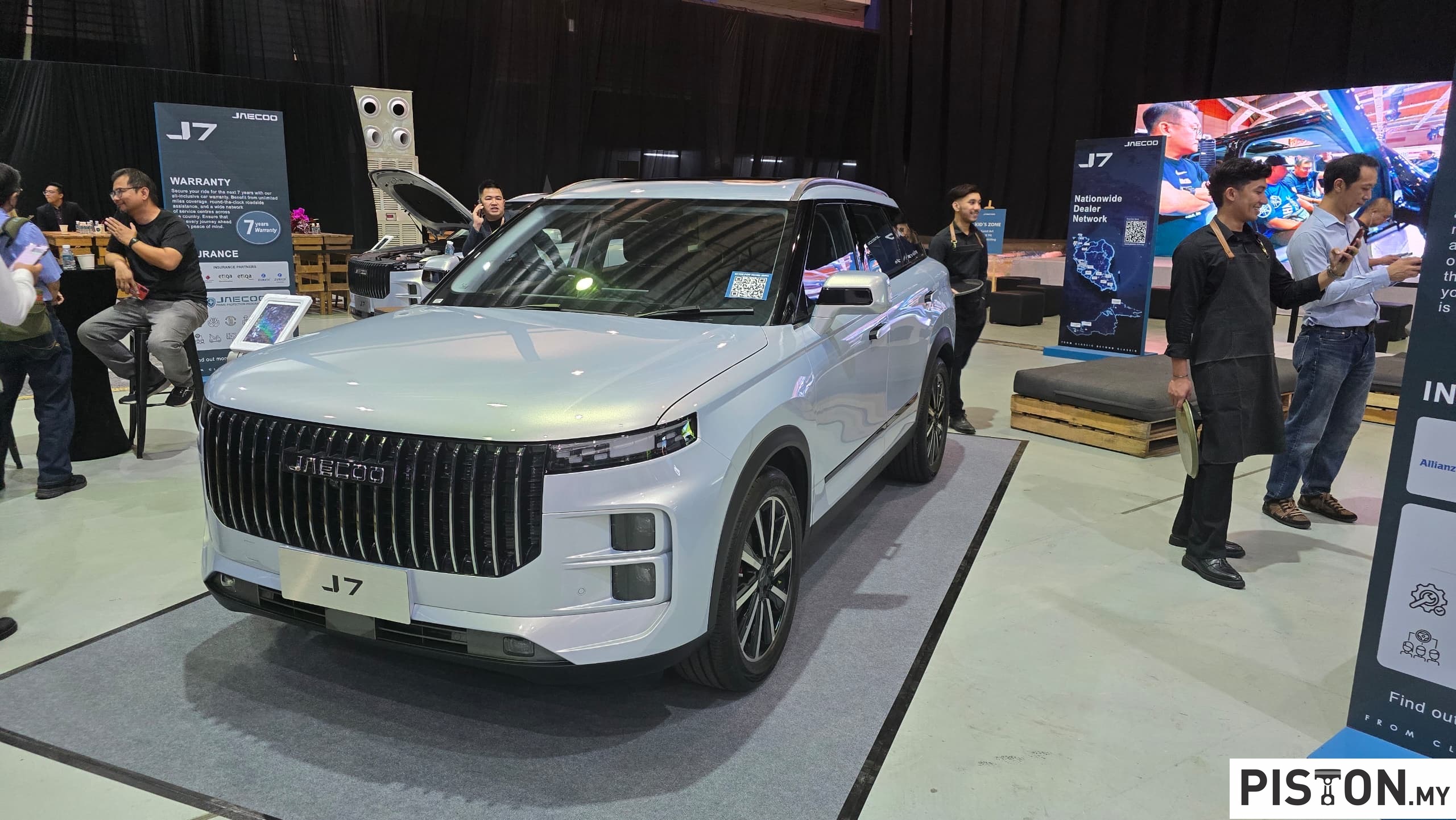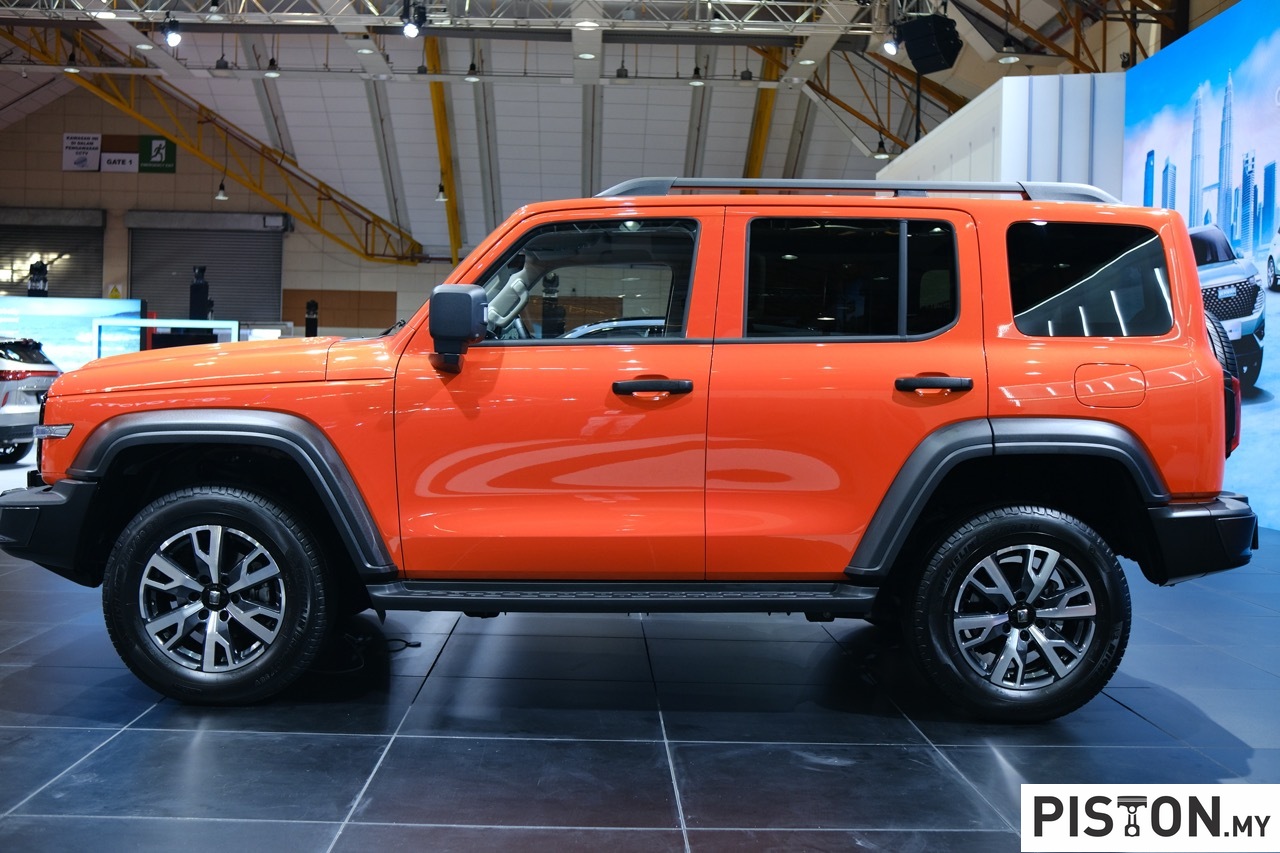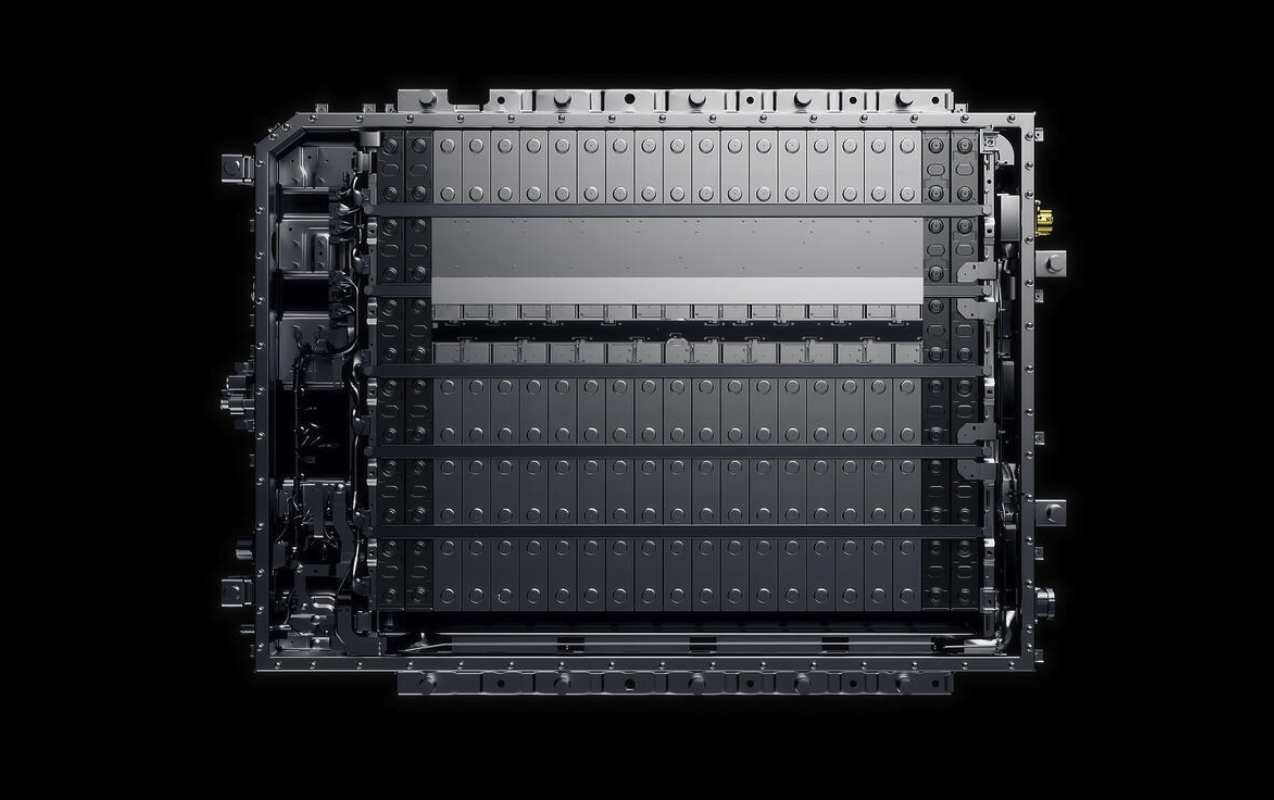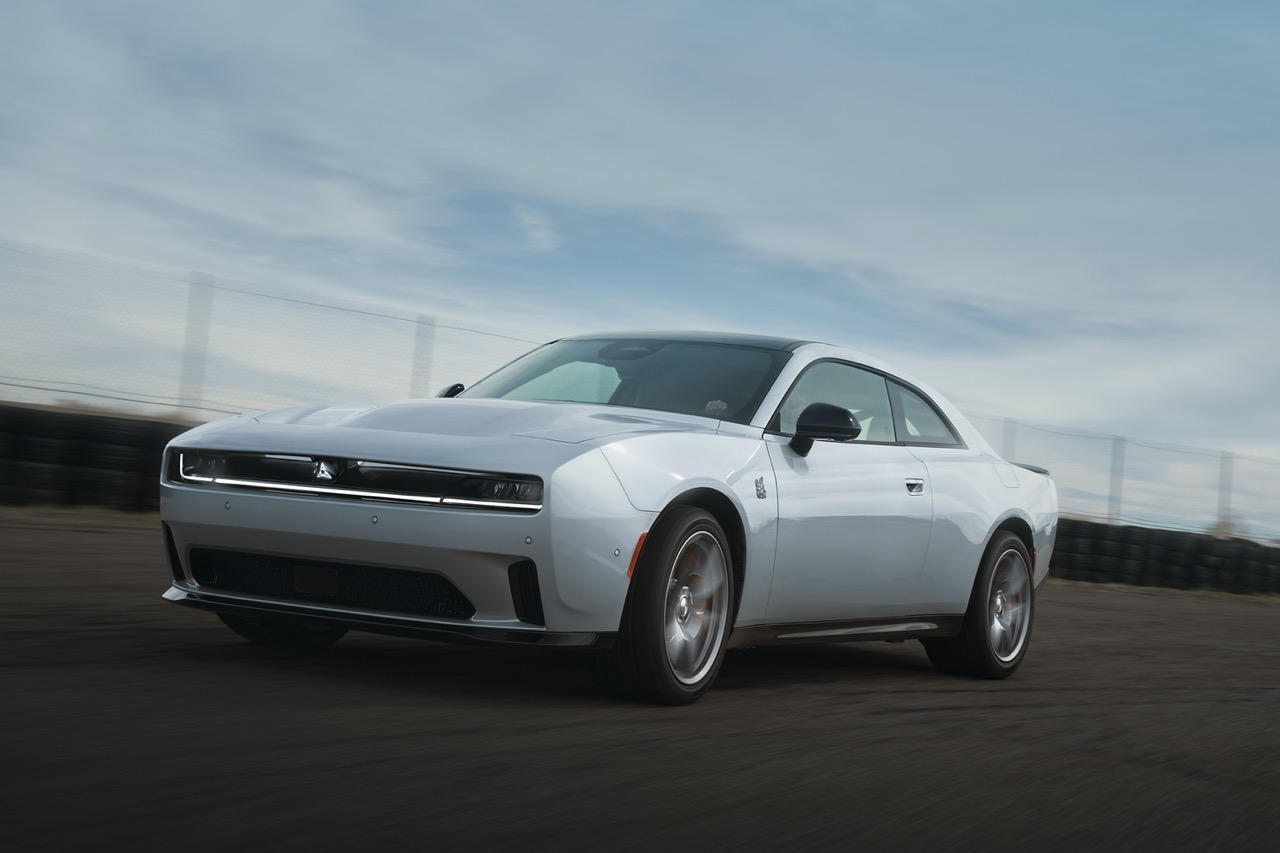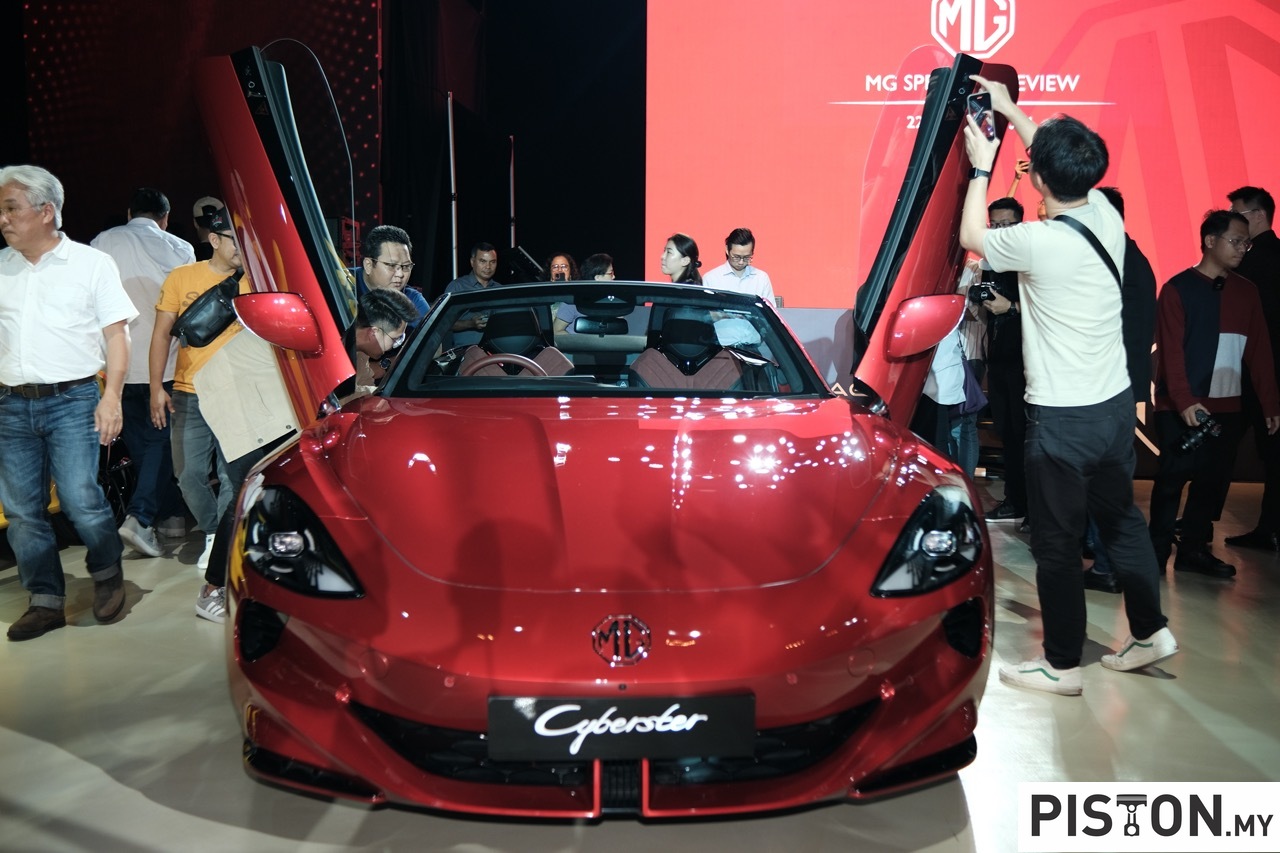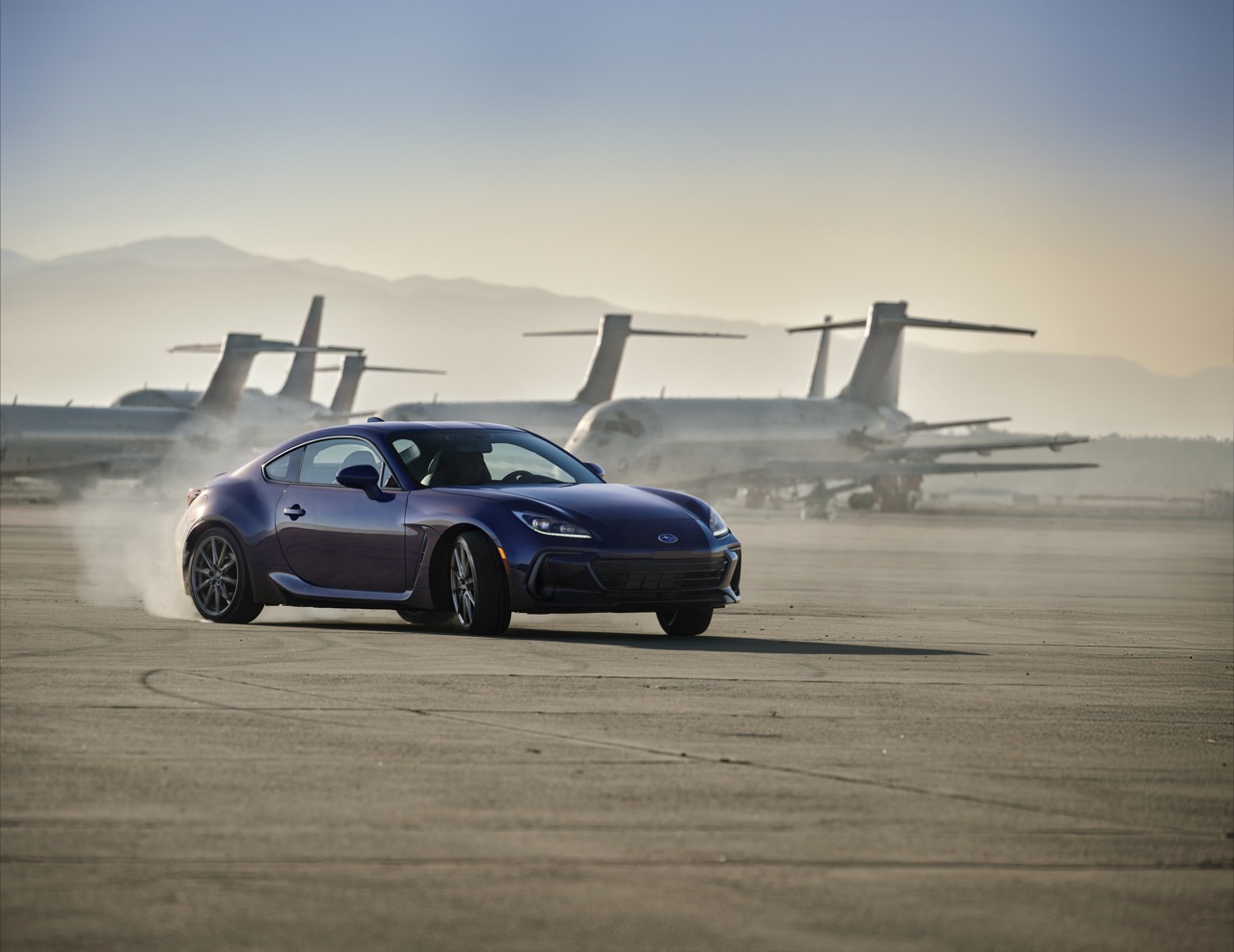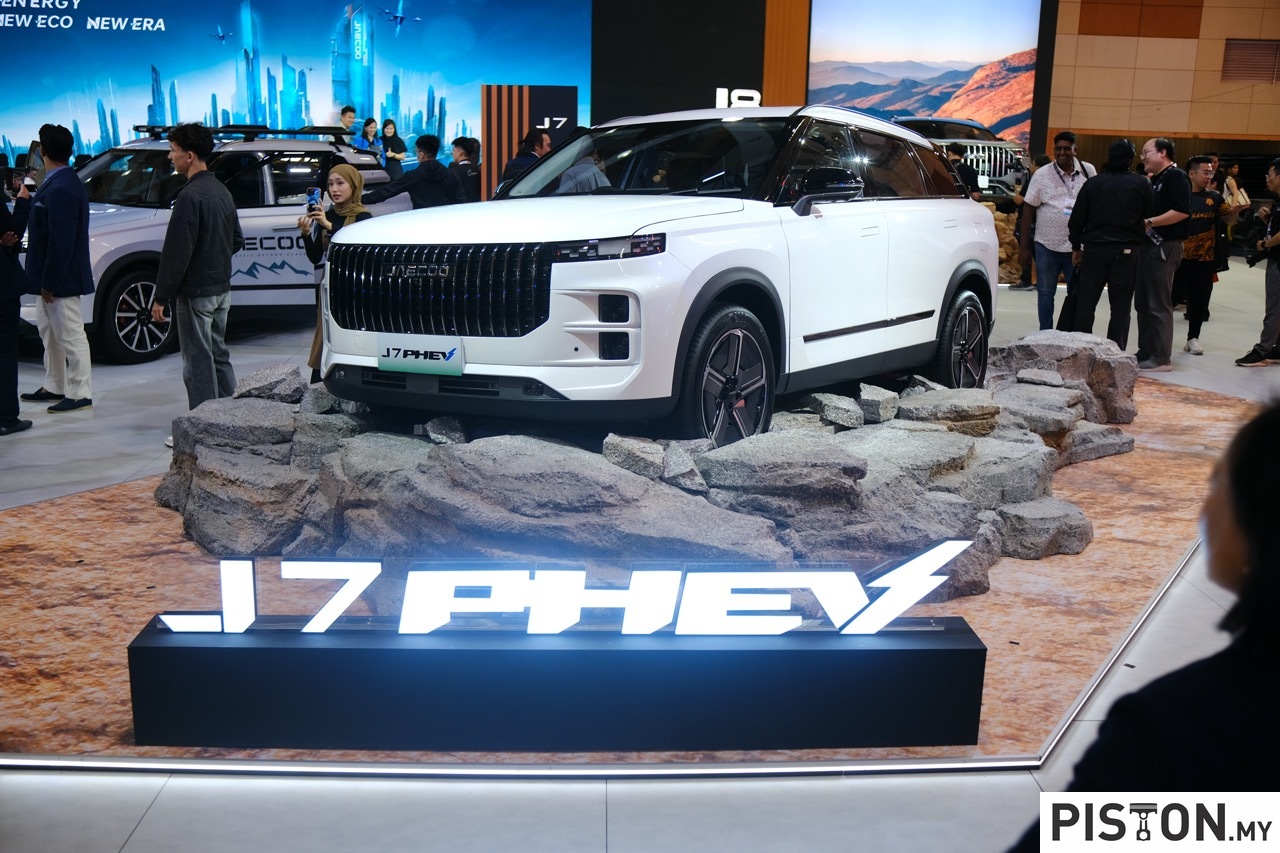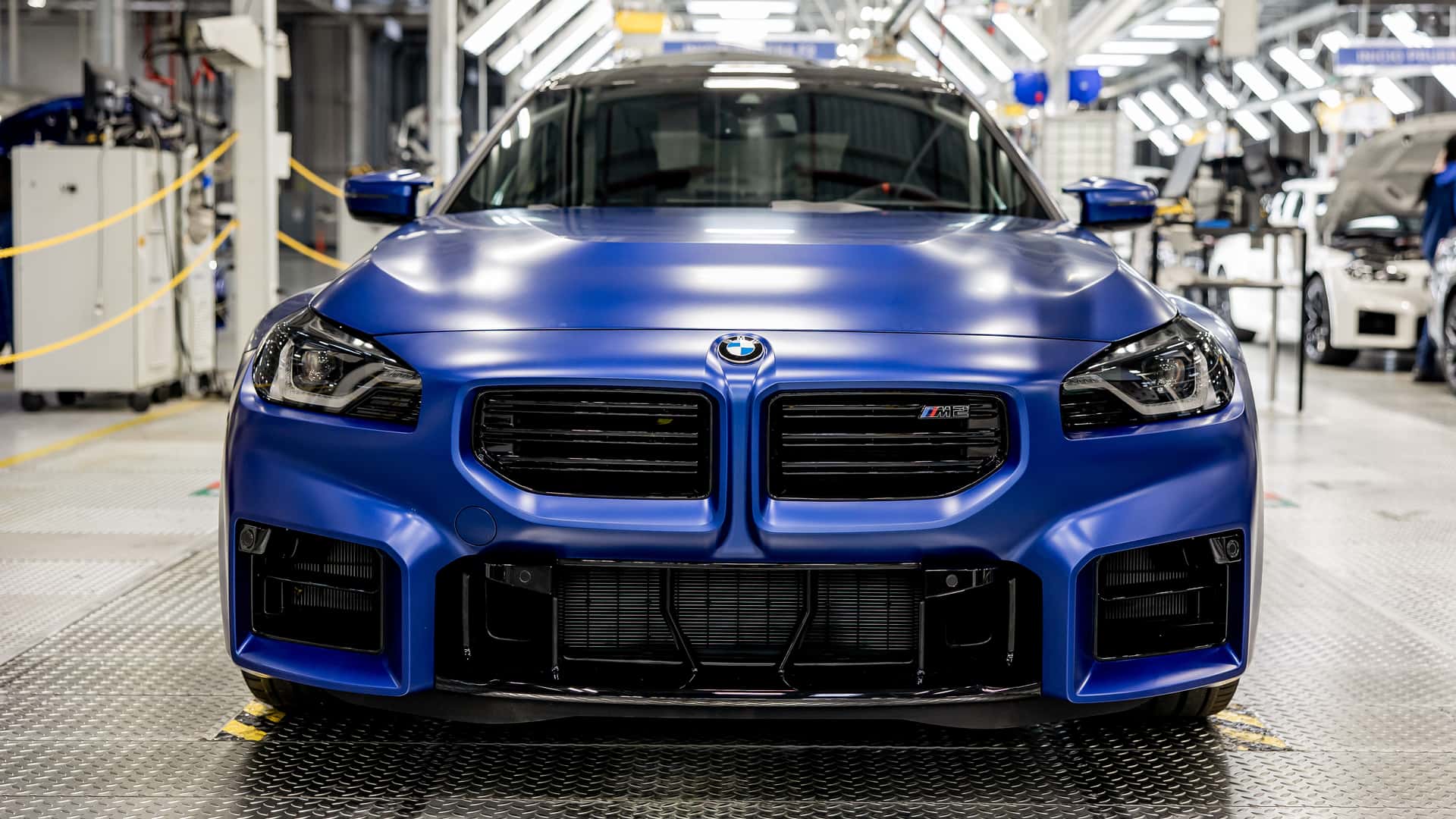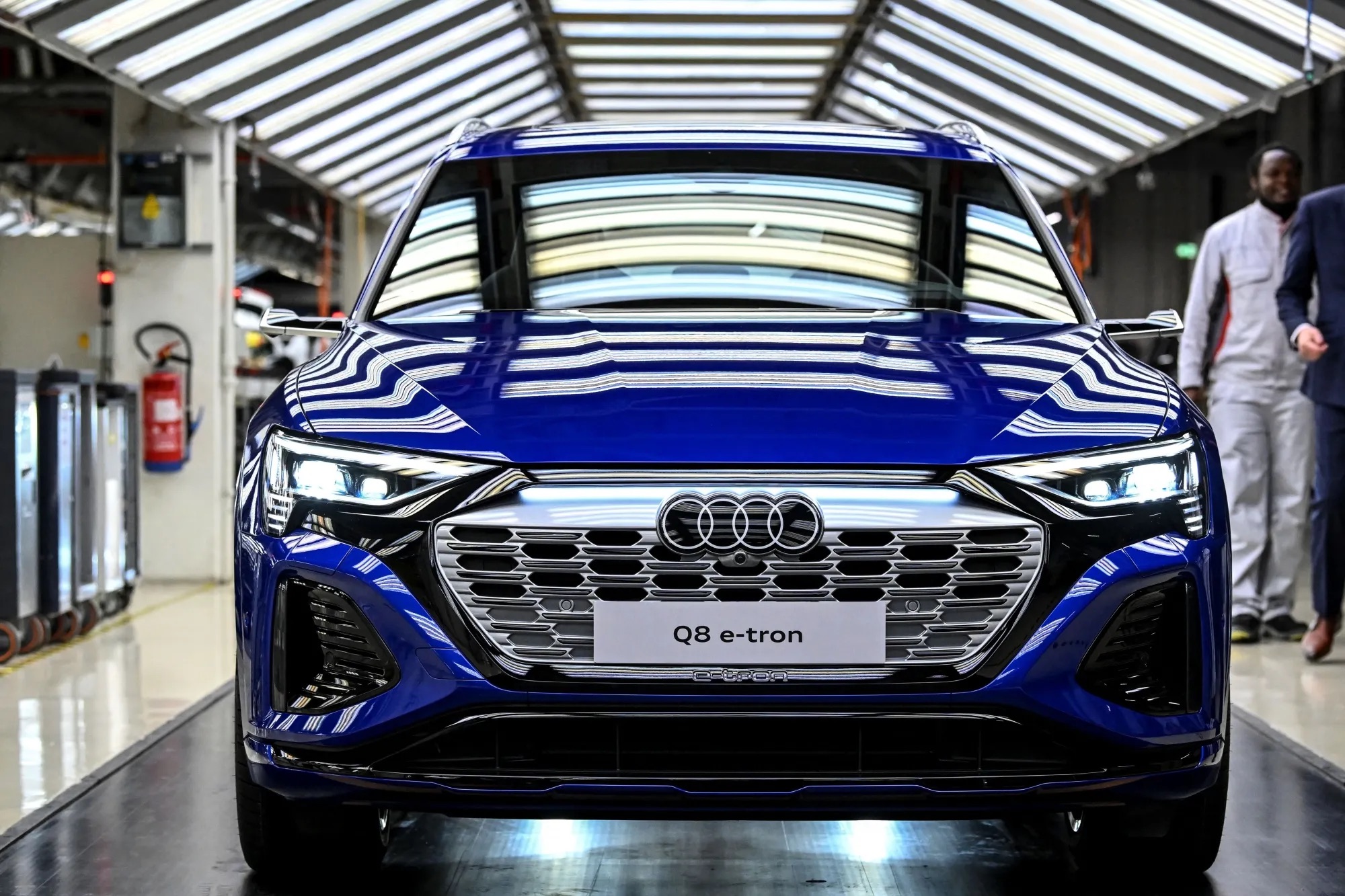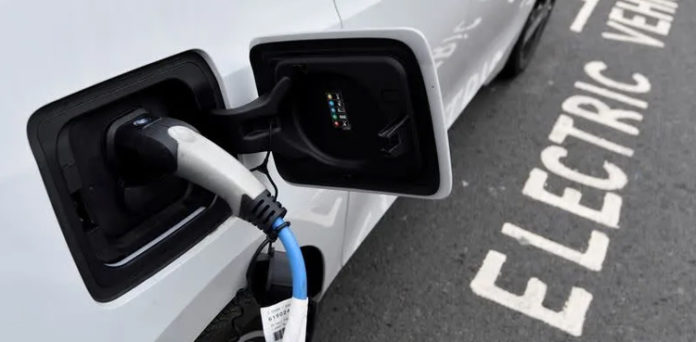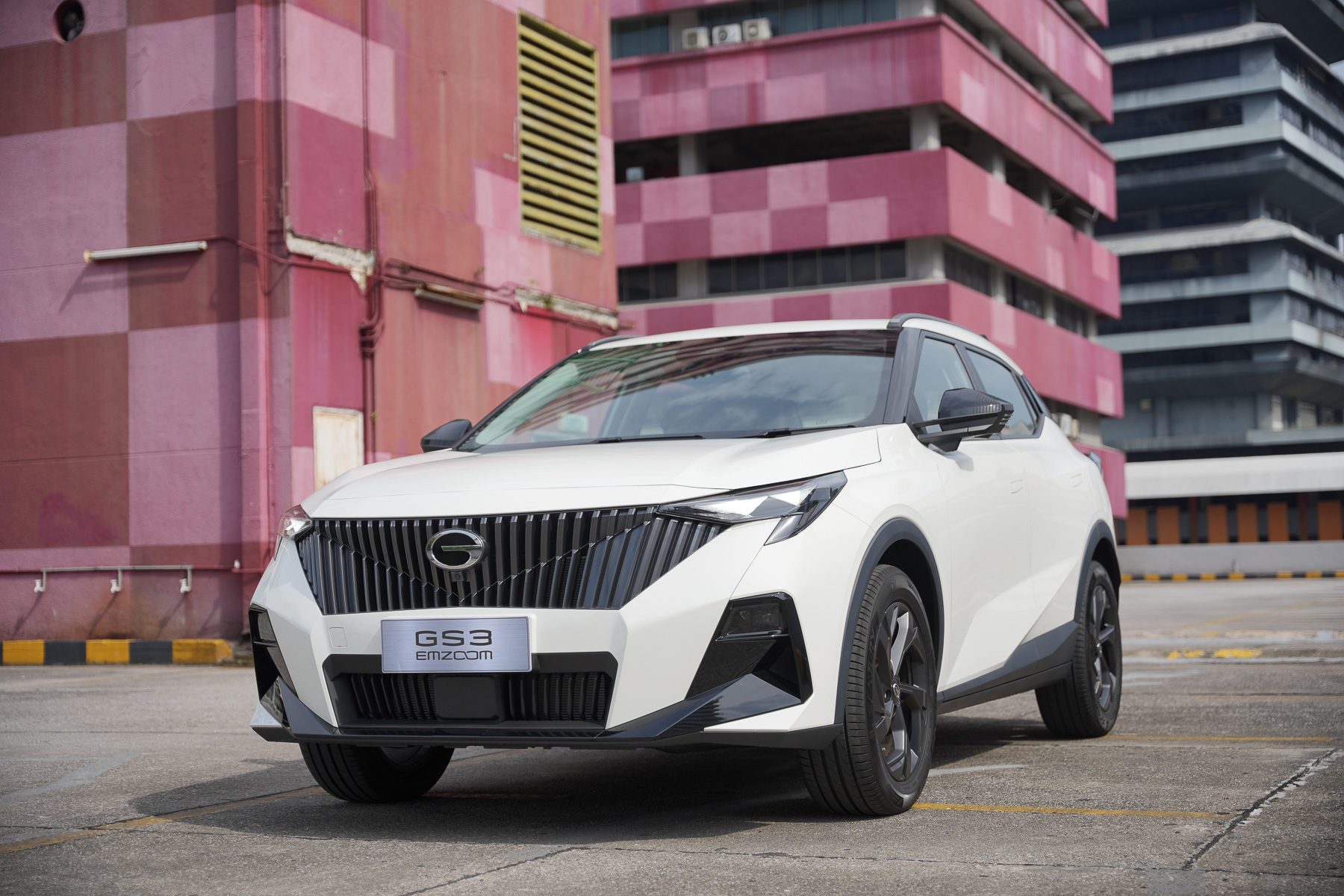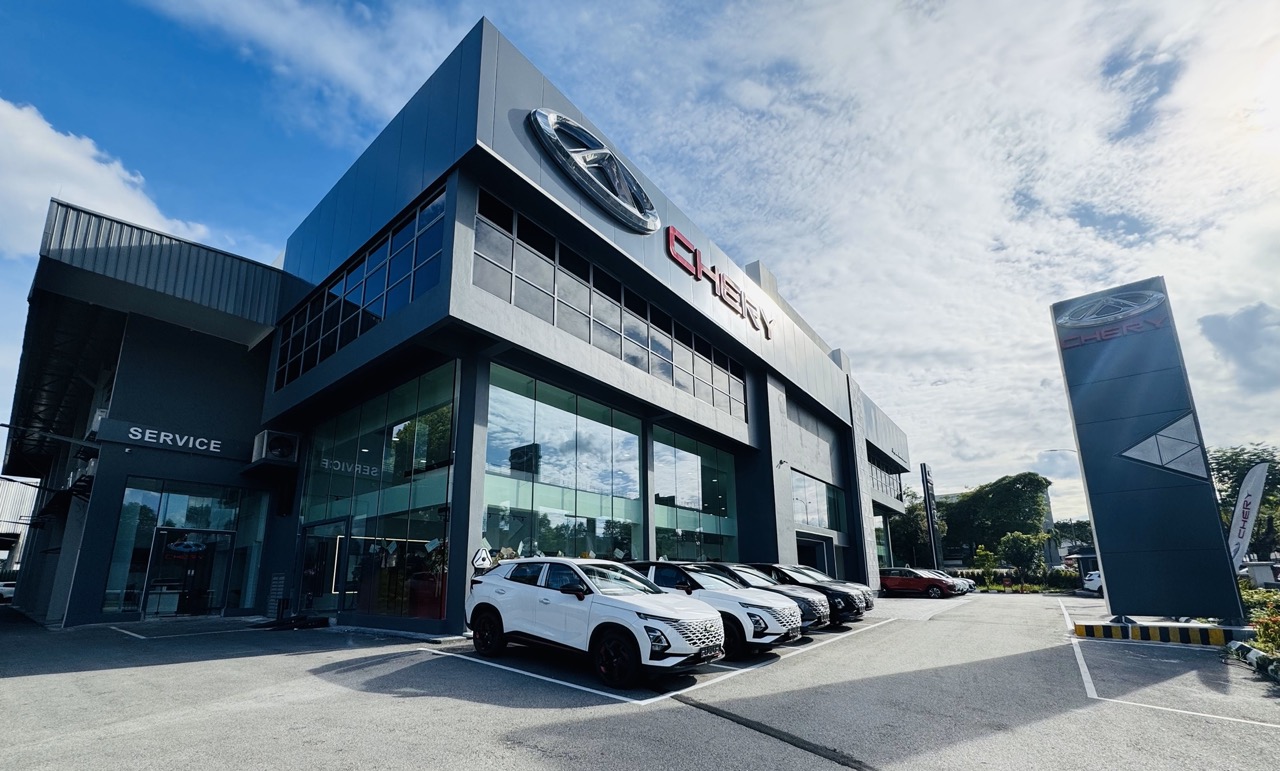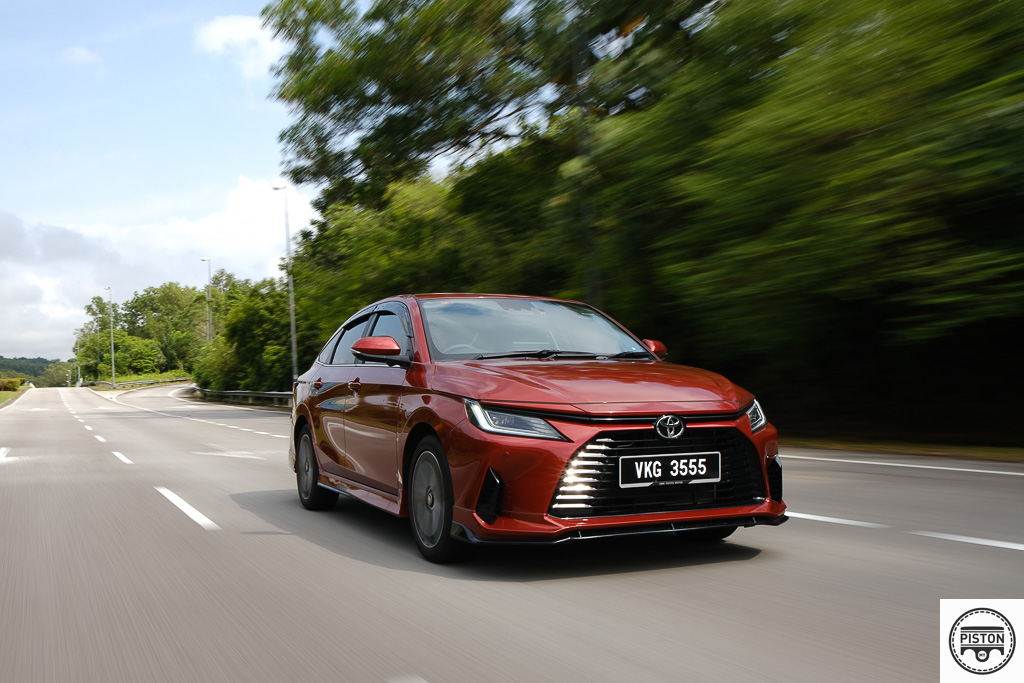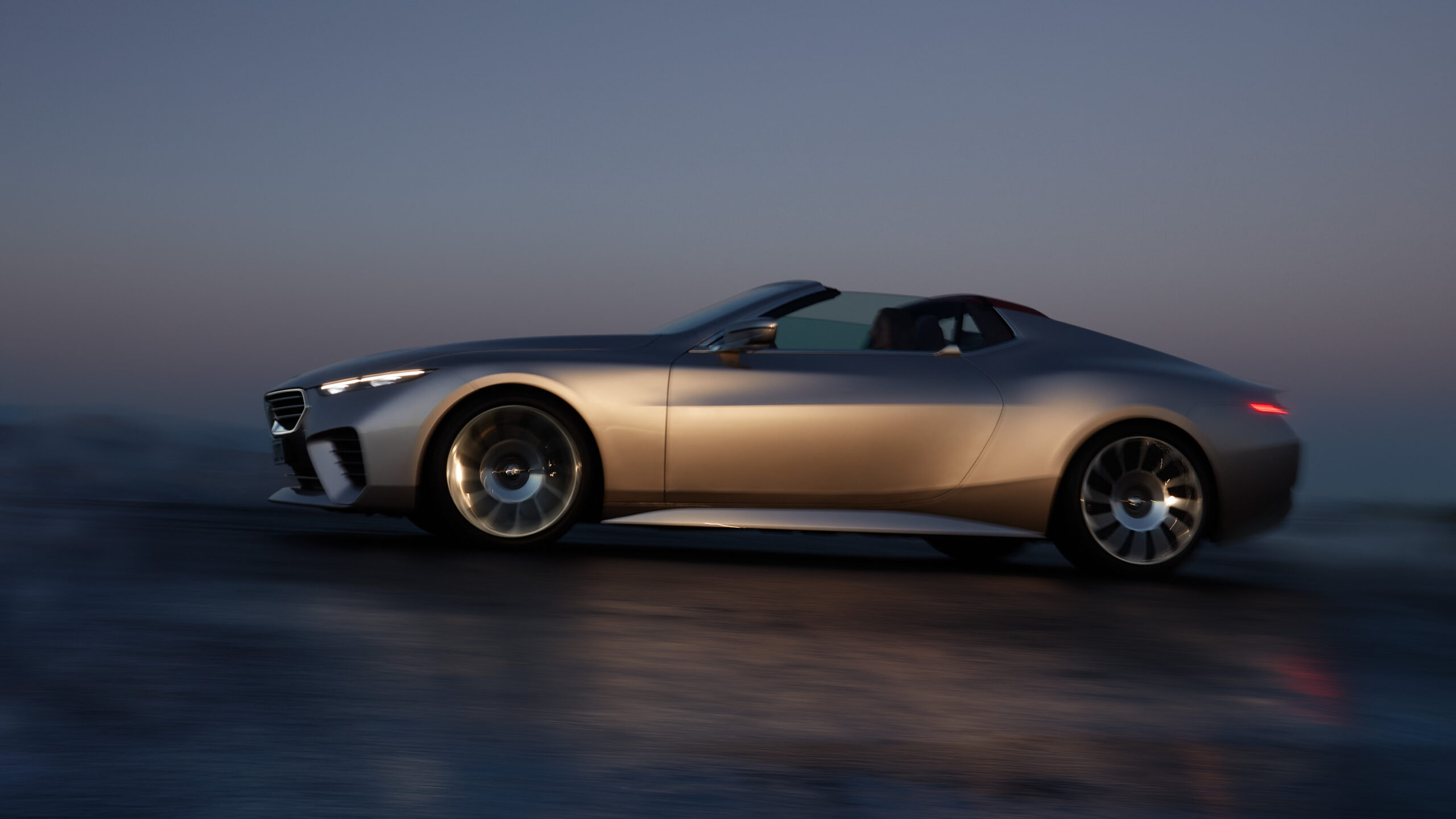BMW CEO Oliver Zipse has voiced strong opposition to the European Union’s plan to ban sales of new combustion-engine cars by 2035, labelling it as the “wrong approach” and advocating for a faster rollout of e-fuels.
Key Points:
- EU 2035 Legislation: The EU plans to ban the sale of new non-zero-emission cars starting in 2035. This includes a prohibition on new combustion engines unless they run on carbon-neutral fuels like e-fuels.
- Zipse’s Critique: Zipse argues that the European Commission needs to accelerate e-fuel availability to make their use practical by the deadline. He contends that without significant progress, the legislation could effectively amount to a ban on combustion engines, which he refers to as a “bogus solution.”
E-Fuel Viability Issues:
- Production Challenges: The production of e-fuels is energy-intensive, relying on ‘green’ hydrogen created through the electrolysis of water using renewable electricity. A 2019 International Energy Agency report highlighted that meeting today’s hydrogen production needs from electricity alone would require significantly more energy than the EU’s current output.
- Energy Allocation: Critics, including Zipse, suggest that the immense energy required for e-fuel production might be better utilised directly powering electric vehicles rather than supporting the production of e-fuels.




